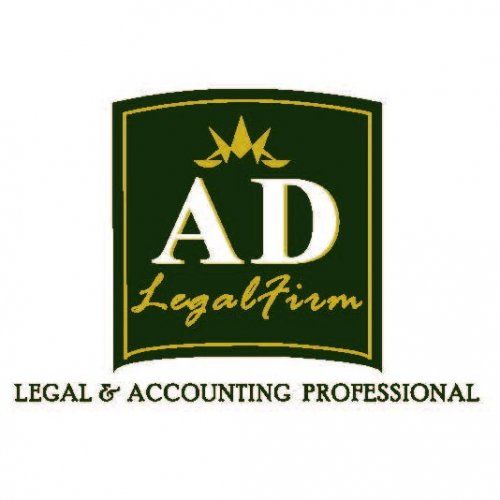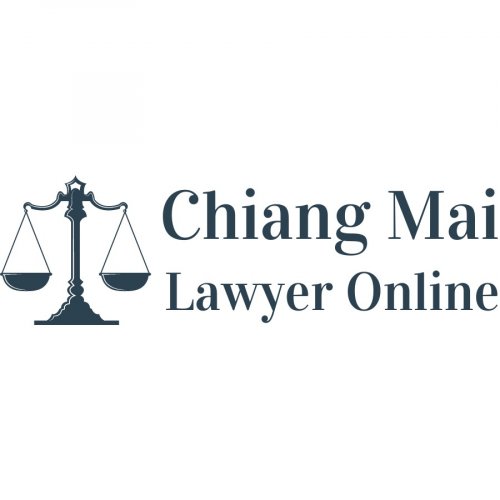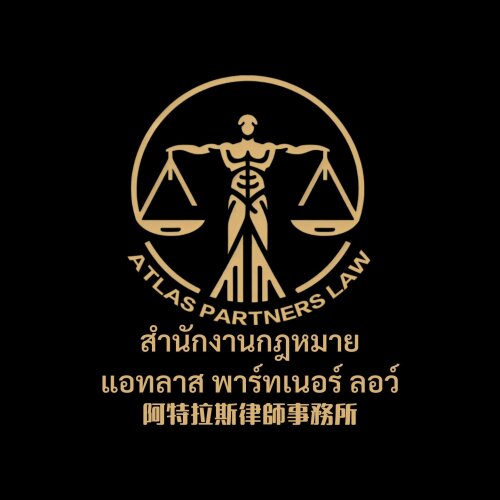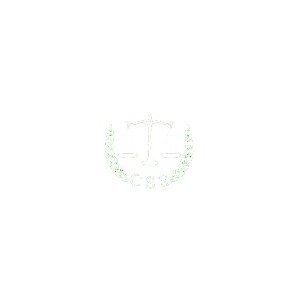About Business Registration Law in Chiang Mai, Thailand
Business registration in Chiang Mai, Thailand, is a crucial step for anyone wishing to establish a business. It involves complying with Thai laws that govern corporate activities and formalizing your business entity in accordance with the Department of Business Development (DBD) regulations. Chiang Mai, being a hub for tourism and increasingly popular among digital nomads, offers a welcoming environment for new businesses with its regional charm and growing economy. Foreign nationals and Thai citizens alike must navigate a series of legal requirements to legally operate a business in this city.
Why You May Need a Lawyer
Seeking legal assistance during the business registration process in Chiang Mai can be invaluable for several reasons. Firstly, language barriers and unfamiliarity with local customs may complicate understanding Thai business laws. Secondly, certain types of business structures may require detailed legal scrutiny to ensure compliance, such as setting up a limited company or obtaining necessary permits and licenses. Legal professionals can also assist with navigating the complexities of foreign ownership regulations and help in drafting essential legal documents. Lastly, a lawyer can provide clarity on tax obligations and social security requirements.
Local Laws Overview
In Chiang Mai, as in the rest of Thailand, business registration is primarily overseen by the Department of Business Development under the Ministry of Commerce. Key considerations include choosing an appropriate business structure such as partnerships, limited companies, or sole proprietorships. Foreign entrepreneurs must pay attention to the Foreign Business Act, which places restrictions on outright foreign ownership in certain sectors. Additionally, all registered businesses must comply with the Civil and Commercial Code, the Revenue Code, and labor laws, which stipulate conditions for corporate taxes, employment, and social welfare contributions.
Frequently Asked Questions
What are the basic steps for business registration in Chiang Mai?
The basic steps include selecting a business structure, registering the name of your business with the Department of Business Development, preparing required documents such as a Memorandum of Association, filing registration forms, and paying necessary fees and taxes.
Can foreigners fully own a business in Chiang Mai?
Under the Foreign Business Act, foreigners cannot fully own businesses in certain restricted industries. However, they can own up to 49% of a Thai limited company, with the remaining 51% held by Thai nationals. There are mechanisms to structure ownership but these must comply with Thai laws.
What documents are required for business registration?
Essential documents include a Memorandum of Association, a completed application form for registration, shareholder details, directors’ details, and proof of payment of registration fees. Additional permits may be required depending on the business type.
How long does the business registration process take?
The timeframe can vary but generally takes between one to three weeks. This depends on the complexity of the business structure and the completeness of the submitted documents.
Are there any tax implications for registered businesses?
Yes, all registered businesses in Thailand must pay corporate income tax, value-added tax (VAT), and potentially other specific taxes depending on the business type. It’s important to stay informed about prevailing tax rates and compliance requirements.
Is it necessary to register a business if I'm a sole proprietor?
While not always legally required, registering a sole proprietorship can provide legitimacy and benefits such as establishing a business identity and accessing government support. Additionally, it might be necessary to obtain certain permits and tax identification numbers.
Do I need any permits in addition to registering my business?
Yes, depending on the business type, you might need additional licenses or permits. For instance, restaurants require health and safety permits, while other sectors might require specific trade licenses or environmental permits.
What are the penalties for operating an unregistered business?
Operating an unregistered business is illegal and can result in severe penalties, including fines, closure of the business, and potential legal action against the proprietors or directors.
How can I find reliable legal assistance for business registration?
Consulting legal directories, contacting the local bar association, or seeking recommendations from established business associations in Chiang Mai can be effective ways to find reputable legal services to assist with business registration.
Can I operate my business from home in Chiang Mai?
Yes, many businesses, especially in the tech and creative industries, operate from home or co-working spaces. However, it’s essential to verify that local zoning laws and residential agreements allow commercial activities at your home address.
Additional Resources
For further assistance, the following resources can be useful:
- The Department of Business Development for official guidelines and document submissions.
- The Office of Foreign Business Administration for information related to foreign ownership.
- Local business associations such as the Chiang Mai Chamber of Commerce.
- Legal firms specializing in business law and corporate services.
Next Steps
If you need legal assistance with business registration in Chiang Mai, start by researching local law firms specializing in business law. Prepare a list of questions and documents you have, and schedule a consultation to discuss your business needs. Consider also engaging with local business communities online or through networking events to gain insights and recommendations.
Lawzana helps you find the best lawyers and law firms in Chiang Mai through a curated and pre-screened list of qualified legal professionals. Our platform offers rankings and detailed profiles of attorneys and law firms, allowing you to compare based on practice areas, including Business Registration, experience, and client feedback.
Each profile includes a description of the firm's areas of practice, client reviews, team members and partners, year of establishment, spoken languages, office locations, contact information, social media presence, and any published articles or resources. Most firms on our platform speak English and are experienced in both local and international legal matters.
Get a quote from top-rated law firms in Chiang Mai, Thailand — quickly, securely, and without unnecessary hassle.
Disclaimer:
The information provided on this page is for general informational purposes only and does not constitute legal advice. While we strive to ensure the accuracy and relevance of the content, legal information may change over time, and interpretations of the law can vary. You should always consult with a qualified legal professional for advice specific to your situation.
We disclaim all liability for actions taken or not taken based on the content of this page. If you believe any information is incorrect or outdated, please contact us, and we will review and update it where appropriate.

















